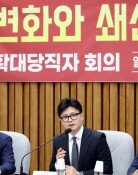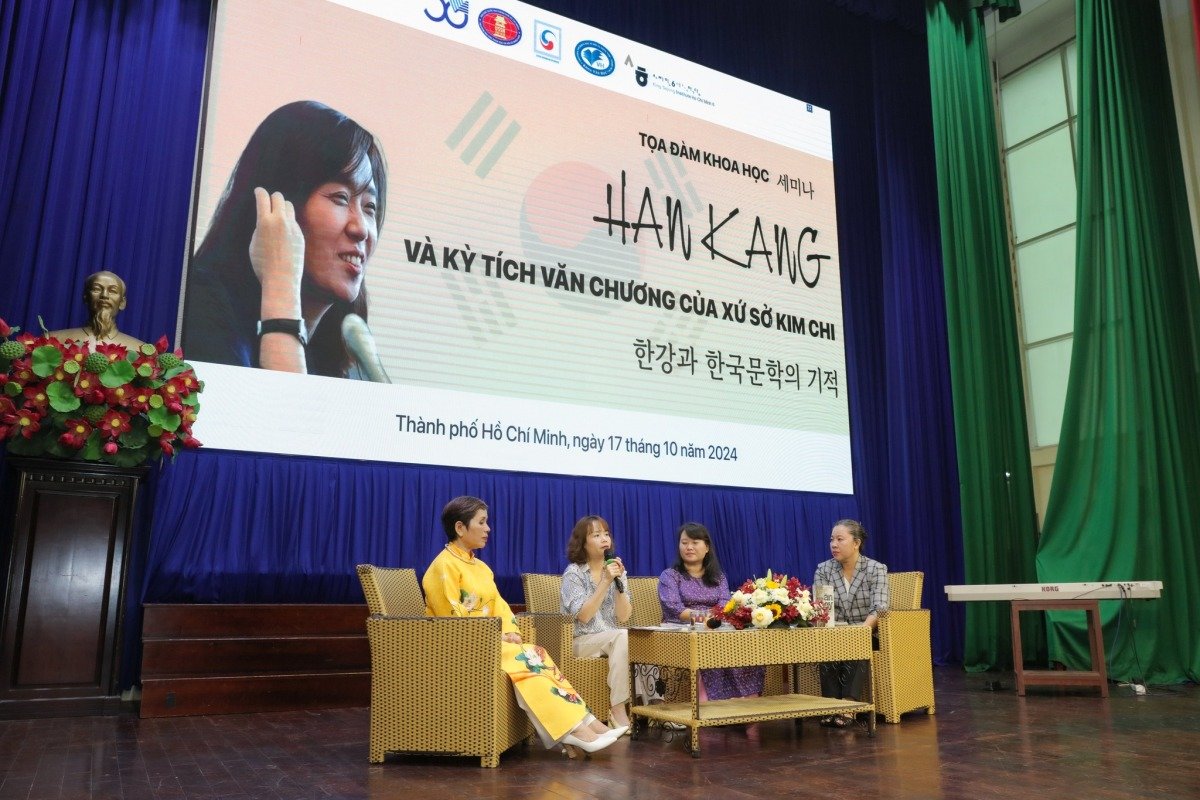A word two party leaders need to heed
A word two party leaders need to heed
Posted October. 08, 2000 20:47,
With the upcoming meeting on Monday between President Kim Dae-Jung, the head of the Millennium Democratic Party, and the chairman of the opposition Grand National Party (GNP), Lee Hoi-Chang, hopes are high for the two leaders to reach a consensus on more inter-Korean issues. The reason is rather self-evident. There has been a growing gap in the parties' perceptions of the rapid transformation of the inter-Korean relationship. While one side has accepted the invitation by the North to attend the ceremony marking the anniversary of the North Korean Worker¡¯s Party, the other side is preparing a people's movement to oppose the proposed visit of North Korean leader Kim Jong-Il to Seoul. A passing glance at the changes in Korea only causes confusion.
At such times as now, the most important thing is the consensus of the people. If the two party leaders openly share their visions for the future of North Korean policy and find greater common ground, they will be able to greatly alleviate the confusing perceptions that have formed since the inter-Korean Summit. For this to occur, President Kim and GNP Chairman Lee must open their minds and hearts humbly.
Regardless of whether it has been purposeful or not, President Kim's pursuit of the renewed direction with North Korea has turned GNP Chairman Lee into a seemingly contentious conservative leader regarding North Korean policy. It would be mistaken to think that GNP Chairman Lee is not aware of the historical significance of the new inter-Korean cooperation. The image of President Kim and his North Korean policy at times reflect a monopolistic sense of duty and the tenacity and egocentric leadership of a self-made man.
Regardless, GNP Chairman Lee must offer cooperation where cooperation is due. If he believes that reconciliation and cooperation with the North at this point in time is a proper turn of events, he must support and help the cause. Actually, the inter-Korean relationship is not a zero-sum game between President Kim and GNP Chairman Lee. Cooperation brings mutual benefit while dissension could bring disaster for both men. Let us examine it more simply. President Kim could try to understand and accommodate GNP Chairman Lee's position and garner the mutual consent of the people. On the other hand, by cooperating with President Kim, he could start the process of reverting the current negative trend by hopping on the bandwagon as the "co-pilot." As President Kim nears the end of his term, his influence could increase and he may take greater control of the helm.
The transformation of the inter-Korean relationship is not an end in itself. Without laying out the domino theory of international politics, it would obviously have a great influence on the entire Northeast Asian region. Today, domestic and international politics have become intertwined and the diplomatic policy of one nation could reverberate throughout the region. The drive against North Korean terrorism and the following expected removal of North Korea from the U.S. list of terrorism-sponsoring nations, as well as North-U.S. diplomacy, are prime examples. North-U.S. diplomacy will surely boost the North Korea-Japan relationship.
With the acknowledgement of interchange among the four regional powers unfolding before our eyes, it would not be wrong to predict that a completely new balance of power and interchange will dominate the region two or three years hence. The Korean peninsula and the four regional powers have begun to awaken to new possibilities in these times of rapid change. The reins of change are in the hands of President Kim and GNP Chairman Lee. Inter-Korean relations must not become the source of bi-partisan division. The two men must remember they could become co-authors in the historical re-direction of the Northeast Asian region. This is not an exaggeration.
Headline News
- Presidential Office signals possible offensive weapons aid to Ukraine
- N. Korea reportedly prepares military balloon attack with Russia
- Medical associations join bipartisan talks on expanding medical school quotas
- Former world No. 1 Ko Jin-young returns to LPGA
- Kakao unveils AI service ‘Kanana’ at 'if Kakao AI 2024'







